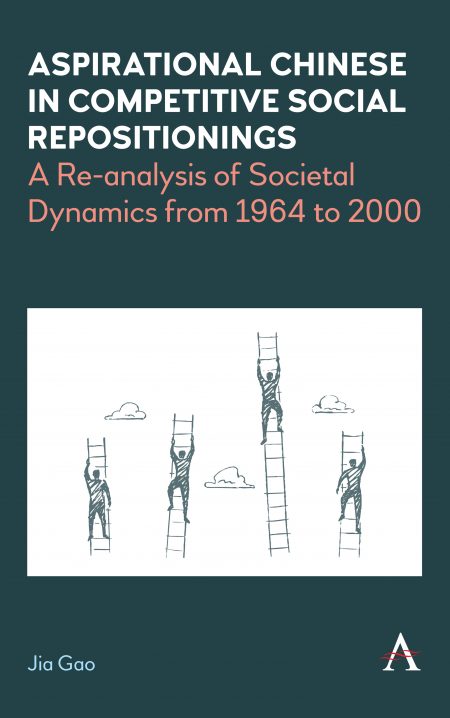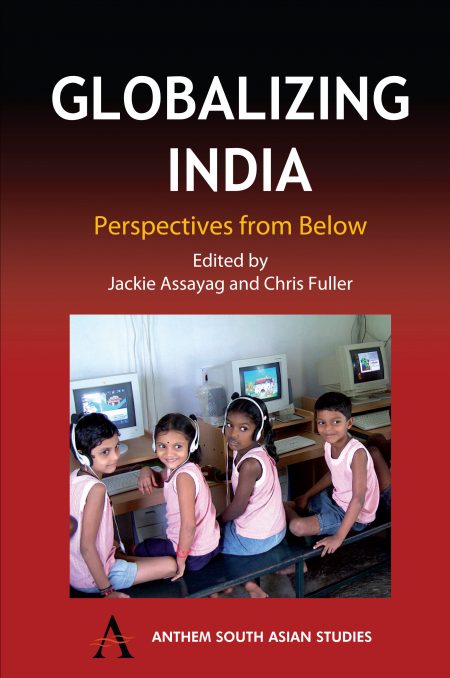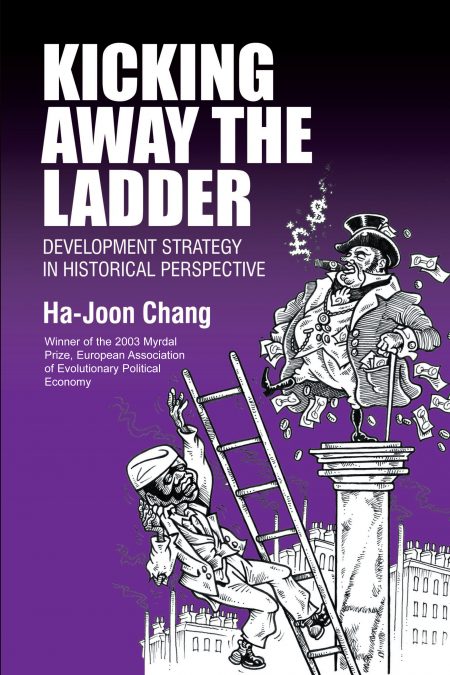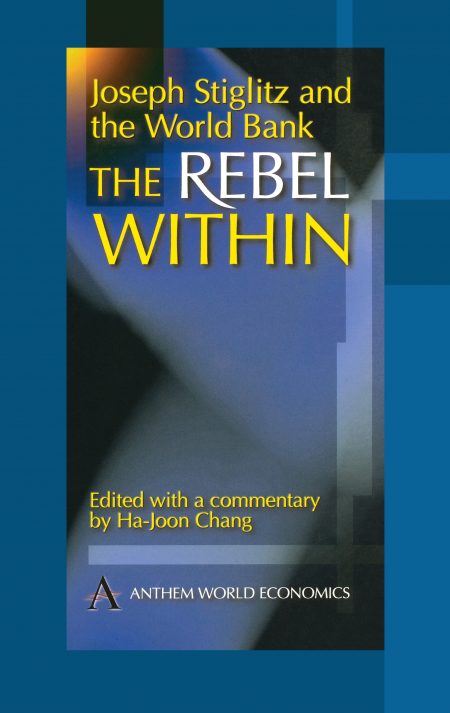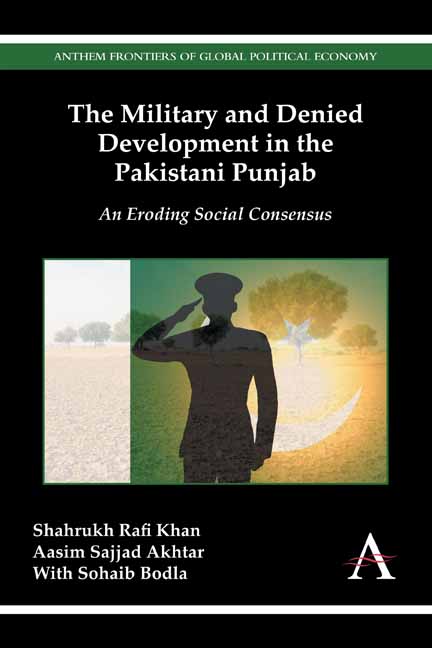From Reversal of Fortune to Economic Resurgence
Industrialization and Leadership in Asia’s Prosperity and Nigeria’s Regress
Banji Oyelaran-Oyeyinka, Oyebanke Abejirin
Select Format
Title Details
- ISBN: 9781839991974
- September 2024
- Pages: 250
This book examines Nigeria, Africa’s largest economy and most populous country, and Asia in comparative development and sectoral perspectives. We traced the divergent growth in wealth between the two regions. It takes a novel approach of matching key growth sectors across five selected Asian countries and Nigeria in a cross-regional context. We found that state and institutional capabilities underlying the generation and diffusion of industrial and technological knowledge in Asia distinguished it from Africa. We employ quantitative and qualitative methods, including case studies and statistical/econometric methods, to analyze factors that separate the sample countries that made rapid economic progress in “catching up” and those that tend to be stagnating and “falling behind.”
Progress made by Asian countries over the last five decades was due in large part to their pursuit of industrialization, technological acquisition underpinned by leadership, good governance, and policies in the right institutional contexts. The four Asian countries compared with Nigeria are Indonesia, Malaysia, South Korea, Vietnam, and Bangladesh. There was not one grand development formula; however, the strategy broadly consisted of industrial (vertical) diversification as well as (horizontal) diversification in agriculture. Building industrial capabilities that enable export competitiveness was critical. Again, while leadership is not usually included in factors of growth, the book devotes a chapter to Leadership and Industrialization and another to State Capacity Industrialization and Economic Growth.
African countries on the contrary took the low road in exporting minerals and raw agricultural commodities with little value addition; in the process, Africa experienced a reversal of fortune. The African condition is manifestly a Reversal of Fortune because in the 1950s, they were ahead of, or equal to, Asia in per capita income as well as in other development metrics.
We carried out empirical measurement of Reversal of Fortune manifested in economic, social, technological, and industrial conditions by analyzing the disparities in development metrics, particularly the levels and rates of growth of national incomes, industrialization rates, and Human Development Index (HDI). The differences are stark.
Professor Banji Oyelaran-Oyeyinka is a renowned global thought leader and the first Nigerian professor in the field of development economics and industrial policy. He is the Senior Special Adviser on Industrialization to the President of the African Development Bank (AfDB) and was recently awarded the National Productivity Order of Merit Award (2021) by the Federal Republic of Nigeria.
Dr. Banke Abejirin is a development economist who combines over 15 years of experience in international development, urban planning, research, and strategy consulting. She is currently an Economic Affairs Officer in the Macroeconomic and Governance Division at the United Nations Economic Commission for Africa.
Related products
-
Aspirational Chinese in Competitive Social Repositionings
A Re-Analysis of Societal Dynamics from 1964 to 2000
Jia Gao
August, 2023
£110.00 / $110.00 -
Globalizing India
Perspectives from Below
Edited by Jackie Assayag, Chris Fuller
July, 2005
£115.00 / $115.00 -
Kicking Away the Ladder
Development Strategy in Historical Perspective
Ha-Joon Chang
July, 2002
£26.95 / $26.95 -
Joseph Stiglitz and the World Bank
The Rebel Within
Edited by Ha-Joon Chang
July, 2001
£115.00 / $115.00 -
The Military and Denied Development in the Pakistani Punjab
An Eroding Social Consensus
Shahrukh Rafi Khan, Aasim Sajjad Akhtar
with Sohaib BodlaNovember, 2014
£115.00 / $115.00 -
Up Against the Wall
The Case for Opening the Mexican-American Border
Peter Laufer
foreword by Vicente FoxSeptember, 2020
£34.95 / $34.95


